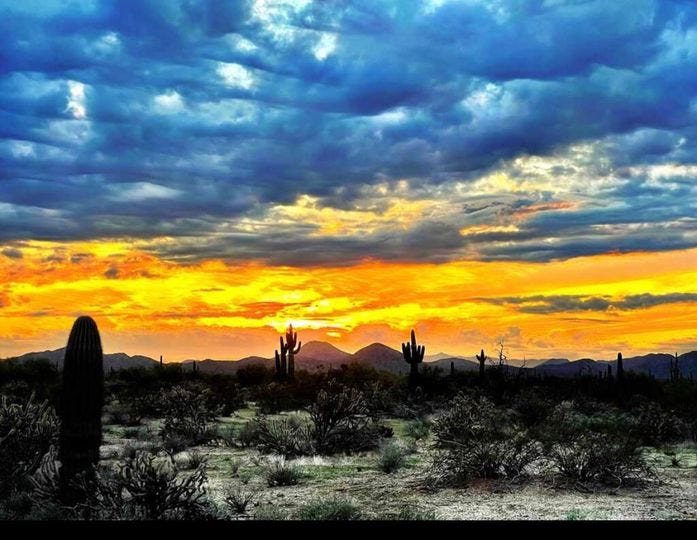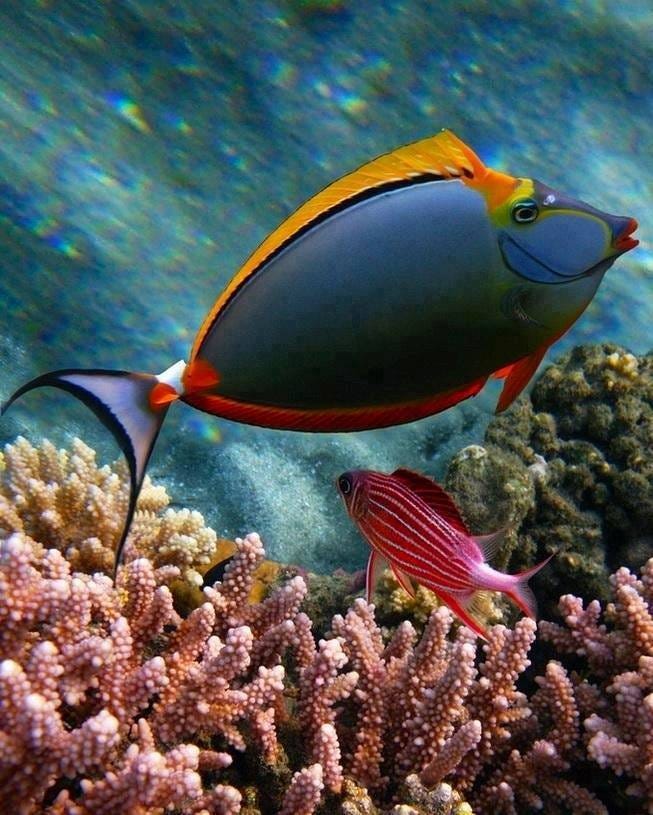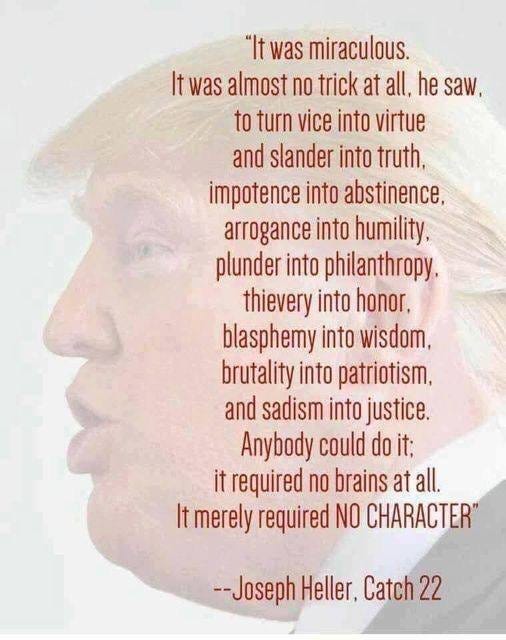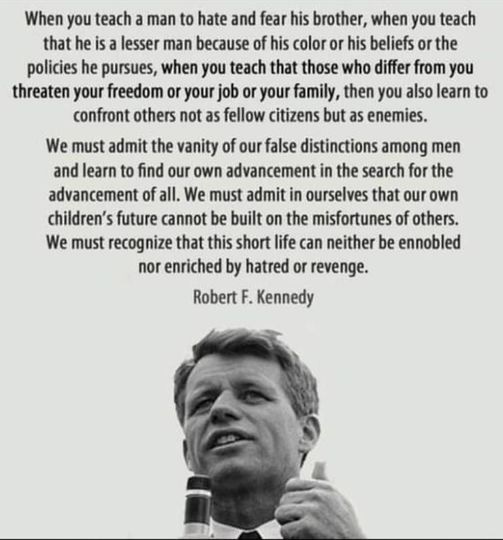What's it all about could very well be your all
Via Marketwatch:
For every dollar of new global wealth earned by a person in the bottom 90% during the first two years of the COVID-19 pandemic, a billionaire got $1.7 million, according to a new analysis from the anti-poverty group Oxfam.
That means that even in an era marked by the pandemic, nearly 15 million excess deaths and rising consumer prices, the richest 1% captured almost two-thirds of all new wealth created between December 2019 and December 2021, the report said.
Oxfam said a “flood of public money pumped into the economy by rich countries” during the pandemic, combined with tax policies that favor the wealthy, higher corporate profits and rising prices, helped to fuel a surge in wealth for the world’s richest people. To reverse a trend of widening inequality, taxes must be raised on the richest people in the world, the organization said.
“Although billionaire fortunes have fallen slightly since their peak in 2021, they remain trillions of dollars higher than before the pandemic,” Oxfam said in its report. “This crisis-driven bonanza for the super-rich has come on top of many years of dramatically growing fortunes at the top, and growing wealth inequality.”
The organization released its report as the world’s elite descend on Davos, Switzerland, for the World Economic Forum annual meeting.
There’s no doubt that greed is the destroyer of functional democracies. I recall when I was young, being taught that great old democracies like the Greeks and Romans had, were undone by sex, homosexuality or by the failure to keep the one true God in their legislatures, schools and homes.
The people who taught me that were deluded or liars. It was greed.
Wisdom demands a new orientation of science and technology toward the organic, the gentle, the elegant and beautiful. ~ E. F. Schumacher
A way of life that ever more rapidly depletes the power of the Earth to sustain it and piles up ever more insoluble problems for each succeeding generation can only be called violent. ~ E. F. Schumacher
In the past week there was an announcement that the CEO of Apple, Tim Cook, was taking a pay cut of 40% of his salary. Why is that news? What bearing does it have on your life or mine?
A shareholders’ vote in 2020 approved his compensation that year with 95% support. In 2022, a similar vote drew only 64% support. So Cook asked for and received the 40% pay cut. After the cut, he’ll only make $49 million. He’ll just have to make do with approximately $1 million per week, poor guy.
If you had that reduced income, tell me how would you spend your $134,246.57 per day? Extremely wealthy people like Cook do have to consider a range of needs that middle class earners don’t. Principally they’re going to need much more security to avoid thieves and kidnappers and the like.
Factor that in, plus taxes, and there’s still way more money left beyond what a person spends in a day. So the extra gets invested, in real estate, art, jewelry, antique autos, stocks and bonds, etc. So Mr. Cook actually makes even more money than that $134,246.57 daily allowance. Who, anywhere in the world, needs that much money?
His net worth from the accumulation of investments and assets is far more than that $49 million in compensation.
Mr. Cook has stated he’ll eventually donate his fortune to charity. More than a few billionaires do that as philanthropists. Their judgment of what charities will provide positive results is assumed to be better than the collective judgment of many people in a community. Is it?
Let’s consider what could be done if his annual compensation was reduced to $5 million. The other $44 million could be divided into portions of $25 K, meaning there’s now 1,760 portions. Provide that to every individual in a community and there’s now 1,760 people who can have healthcare plans costing them each $25,000/year.
Is that better for all concerned? Cook will still have more than enough for a lavish lifestyle and that community will be healthier and more content.
Instead, the current system grants one guy all the decisionmaking about what societal needs will be addressed via his philanthropy. Some in the community will face impoverishment when major medical needs destroys their financial support.
It’s greed that drives the system as it’s currently structured. Cook’s job will be to make adequate financial growth for Apple so more shareholders will be satisfied. But again, maybe 10% or 20% of the community has the spare income to invest in shares of Apple. Most of the community remains out of luck.
Lots of economic theories exist to justify the system as it’s presently constructed. If you have the best innovations that get the most buyers of Apple products and services, that means you’re out-competing your rivals. And competition is - per some economic theories - a good that’s delivering better products and services.
But is that true if:
a) the products require mining that fucks up the environment someplace?
b) manufacturing facilities are moved to another country to exploit cheaper labor that keeps their communities in financial distress?
c) that offshoring means - when emergencies occur like a pandemic or war - now the US buyers can’t get the products due to supply chain disruptions?
d) and - as is common - what if Apple just keeps buying their competitors? The theoretical benefits of competition disappear if there’s little or no competition.
This isn’t about which ‘ism’ is best because capitalism, socialism, communism and others can all be corrupted. By greedy people.
Certainly, if someone is willing to put more thought, energy and hours into an effort to advance their material wealth, extra compensation makes sense. If you spend tens of thousands for extra education to better your skills, it makes sense to compensate for the benefit a company makes from those skills.
But how much is enough?
E.F. Schumacher essentially argued that people have to be at the center of the economic equation, that human satisfaction with living outweighs the monetary calculations. And certainly, since the 1970s when Schumacher was alive, his ideas have largely been abandoned by the movers and shakers in the financial and political worlds.
As a result, a lot of poverty exists in the world. Not because of a lack of resources globally, but because the impoverished are disregarded by those who own the resources.
Due to excessive speculation (that greed thing again), a housing bubble was created then started collapsing in 2007. Tens of thousands lost their homes to foreclosures. Property values plummeted. And who bought up those properties on the cheap? Property developers. Financial companies. Wealthy people.
Property values rebounded. Now we have a greater lack of affordable housing and more homelessness. Some people just bought one extra property and turned it into an AirBNB, adding to the lack of housing. And as the property values increased, so did property taxes. So the well off lobbied politicians to lower their tax burden.
So government spending has gone up but tax revenues have declined. Spending cuts are called for. Usually in programs that help keep the poor alive at very minimal levels. Property crimes increase. So does anger at financial institutions and at politicians. After the housing bubble collapsed fed up people created two populist movements trying to change business as usual: the Tea Party on the right and the populism on the left, initially championed by Bernie Sanders.
These financial dynamics helped give us President Trump and the whole country has suffered enormously, our democracy is experiencing severe tremors and the forecast is for more of the same. Unless we change our approach and methods.
Sure, we can see some benefits from advances in technology. With most people owning smart phones, we can communicate faster. We can capture events like accidents, politicians saying shocking things, people being assaulted that old media never had the breadth to capture. We can access information rapidly, accessing data about medical symptoms that could save our lives.
Some love the convenience of ordering things online. But there’s social side effects from new technology that aren’t all positive that have to be weighed as well.
'Camille and Jean Monet in a Poppyfield', 1873, by Claude Monet
Fort Lauderdale sunrise, Jan 8 2023, Photo by Joe Hayden.
Sunset on the Sonoran Desert. Photographer unknown.
Photo by Eric Vicaria
A Naso Tang visit to a coral reef
Climate change is already causing worse storms and blizzards. Ice caps and glacier are melting. We’re experiencing major species losses now. What happens if these changes cost us the honeybee population? 30% to 40% of our food supply will disappear without the pollination of those bees.
Ecodiversity is essential. Stopping or slowing climate change is, too. A massive die-off of the species that we are is not just possible. We’ve already lost around 7 million people due to covid and covid’s not even close to being done with us. New viruses could arise from permafrost melting. Do we near a tipping point of no return?
I’m not writing about this to promote fear. I hope this promotes more thinking and the acquisition of more wisdom. Humankind cannot be sustained or advanced without more of it.
The excessively greedy want more. In my 70 years, I’ve seen numerous addictions destroying lives, families and communities. Tobacco and alcohol have taken the biggest tolls, but heroin, cocaine, meth, legal opioids and fentanyl have all endangered addicts and people in the vicinity of addicts.
The greater addiction is excessive greed, the hoarding of wealth. Money grants more entertainment and more choices. So even more money has to be better, right?
Not.
That excessive greed has driven every other dangerous addiction.
The greed addicts often think critiques like this are caused by envy, that we’re all after their loot. There’s no doubt that some people admire wealthy people. Many of us don’t. I enjoy the company of people who are nice people using a variety of measures. Great wealth doesn’t bestow niceness on its possessors so that alone is not worthy of admiration or emulation.
The pandemic and the politics of the past quarter century have been massively disruptive. Sheltering in and isolation have made it obvious that our mental and emotional health are better when we’re in regular physical contact with family and/or friends. On Twitter a lot of hostile energy has made it seem like a middle school playground fight. The strange ex-president and some of his supporters sound like loudmouth drunken braggarts picking fights at a bar.
Foreign enemies and foreign business competitors observe the polarization in our country and look for openings to defeat or out-compete us. Many citizens here don’t see the weaknesses being created by polarization. But some of the greed addicts find advantage for them by increasing the polarization in the rest of us.
It’s why the Koch family, the Mercer family, the DeVos family, Peter Thiel, Elon Musk and others pour a lot of dark money into political campaigns. The insurrection of two years ago: who funded that? Who funds the Proud Boys, the Oathkeepers, QAnon, Cambridge Analytica, a number of media outlets pretending to be news? Follow the dark money.
By nature I’ve always been a mediator. As a political student and analyst, I understand that some fights are useful. But it’s plain as day now that this degree of national polarity can harm all of us, especially the poor but also the rich.
Extreme wealth is dangerous. Those dismissive of or critical of empathy, compassion, courtesy and consideration are potential sociopaths. They’re fine with the idea of a dictator or autocrat ruling instead of our democracy. If we go there, it’s very very hard to get back.
We need the natural world, art and music, beauty, grace, creativity and friendship. If we get reduced to monetary calculations alone, freedoms will disappear, women will be sidelined, people will be enslaved, marketed and erased.
And as we have a holiday in his honor, do not surrender wonder or hope or love.
I recommend two E.F. Schumacher books. Small Is Beautiful is a collection of essays and A Guide for the Perplexed brings his philosophy to the fore. If you can’t find them at a library, buy them from a local bookstore, not online. It could be a first step to saving everything that really matters.










